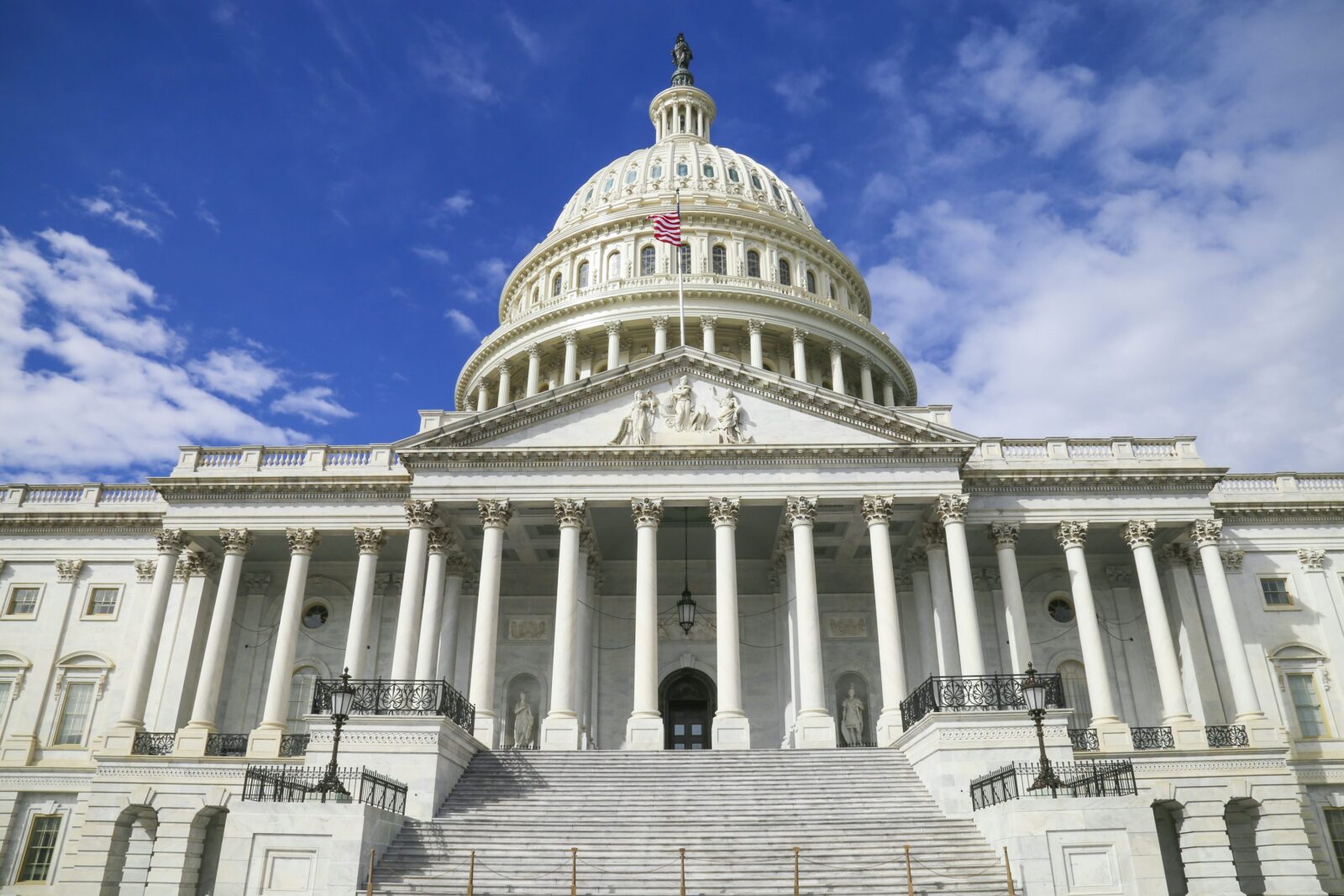The U.S. Department of Commerce’s Economic Development Administration (EDA) has been reauthorized by Congress, marking a significant milestone in its nearly 60-year history. This reauthorization, included in the Thomas R. Carper Water Resources Development Act of 2024, enables the EDA to continue its mission of promoting innovation, competitiveness, and sustainable economic growth across the United States.
Established in 1965, the EDA has played a vital role in strengthening public works, infrastructure, workforce development, disaster recovery, and technological advancement. Notably, this marks the first formal reauthorization of the agency since 2004.
“Reauthorization will allow EDA to continue ensuring communities have the resources they need to expand economic opportunity, invest in innovation, and recover from disasters,” said U.S. Secretary of Commerce Gina Raimondo. “EDA’s investments have helped countless communities support local workers and businesses, and this bipartisan support means they will continue creating and saving jobs while fostering resilient local economies.”
From January 2021 to November 2024, the EDA directed nearly $6 billion in investments through 3,393 awards across the nation. These efforts are projected to create or save more than 554,700 jobs and generate over $67.7 billion in private investment, including modernizing infrastructure and fostering long-term economic resilience.
Key Updates and Modernization Efforts
The reauthorization brings new tools and modernized authorities to the EDA, ensuring it remains a pivotal force in addressing current challenges and opportunities, such as:
- Workforce Development: Codifying EDA’s role in creating industry-led workforce training partnerships to secure jobs for Americans.
- Infrastructure and Supply Chain Resilience: Supporting critical industries and broadband expansion through initiatives like the E-BRIDGE Act.
- Disaster Recovery: Establishing an Office of Disaster Recovery and Resilience to enhance federal coordination during regional disaster recovery efforts.
Acting Assistant Secretary for Economic Development Cristina Killingsworth highlighted the significance of these changes: “The country has evolved since EDA was last authorized, with new industries, challenges, and the impacts of the global pandemic. This reauthorization ensures EDA remains equipped to meet the moment for generations to come.”
Bipartisan Support and Community Impact
The reauthorization was widely supported by lawmakers from both parties. Senator Tom Carper, chairman of the Environment and Public Works Committee, praised the EDA’s role in fostering job growth and building resilient supply chains. “This reauthorization gives the EDA the tools to better support local businesses and communities with climate-resilient infrastructure,” he said.
Senator Shelley Moore Capito, ranking member of the committee, emphasized the importance of the EDA’s mission in rural states like West Virginia, while Representative Dina Titus and others applauded its provisions to modernize federal economic development programs and boost tourism and recreation.
About the EDA
As a leading federal agency for economic development, the EDA supports regional collaboration and community investment to drive long-term, sustainable economic growth. It aims to equip U.S. workers and businesses with the tools to thrive in an increasingly competitive global economy.
For more information about the EDA’s programs and resources, visit www.eda.gov.











